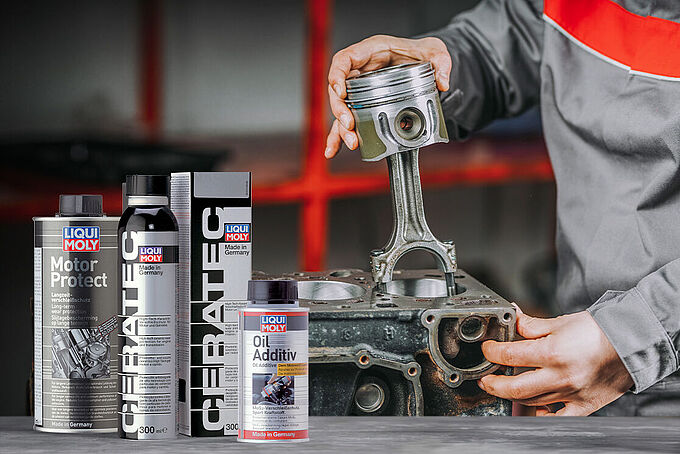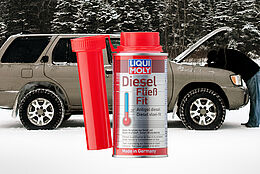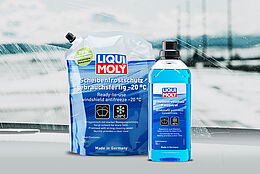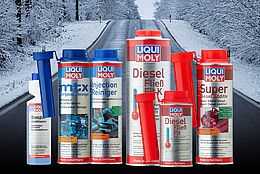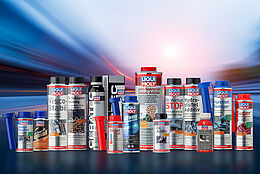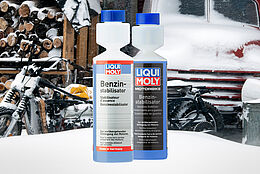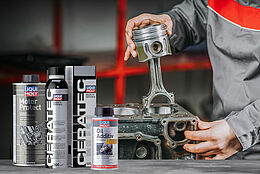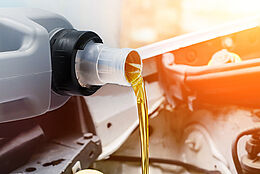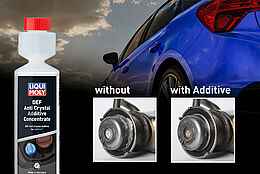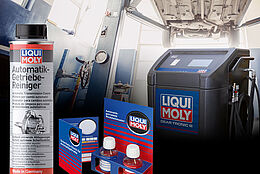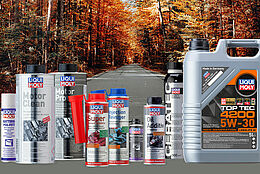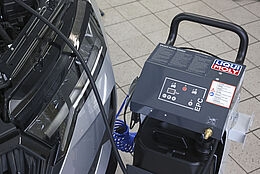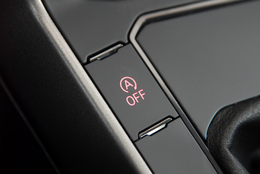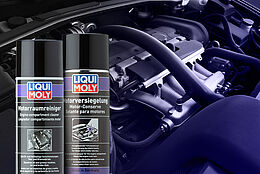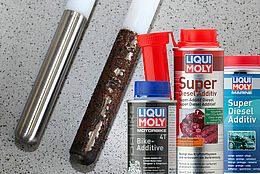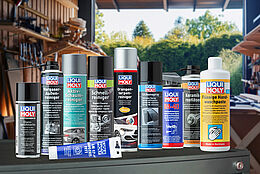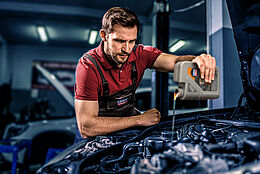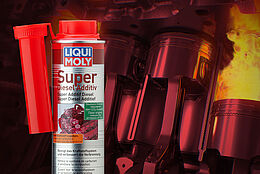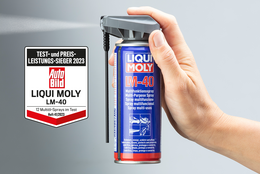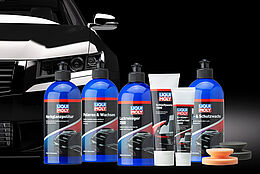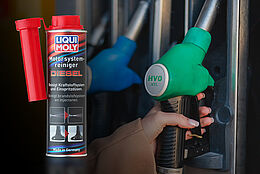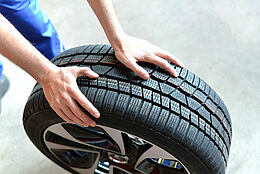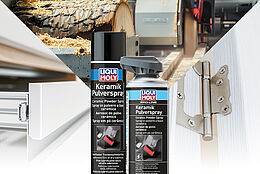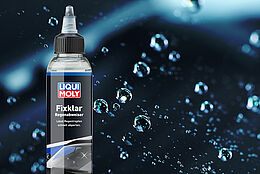- 06/04/2025
- 2min
Clogged particulate filter? Quick help without removal
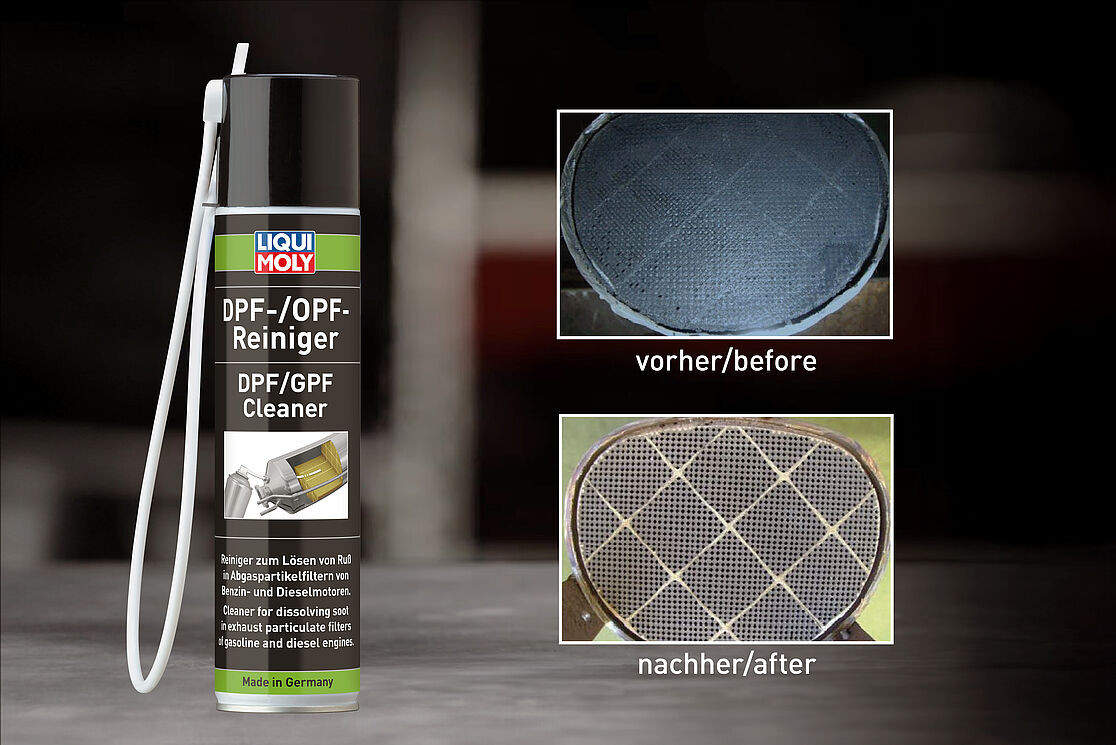
Particulate filters are state of the art for modern vehicles – both for diesel (DPF) and for many gasoline vehicles (GPF). They help to reduce the burden on the environment by filtering particulate matter and soot particles out of the exhaust gases. However, the wrong operating conditions can also have an unpleasant side effect here: Blockage due to deposits. And that quickly leads to expensive problems.
What happens if the filter is clogged?
If the filter is insufficiently regenerated due to short journeys, malfunctions in the exhaust system or a sub-optimal driving style, soot deposits will form. The consequences:
Higher fuel consumption
Reduced engine performance
Warning lamps in the cockpit
In the worst case: expensive workshop visits due to turbocharger damage, for example
Ideal for many applications – but not a substitute for professional help
The cleaner in a spray can is a quick and easy solution, especially for preventive cleaning or light deposits. However, professional cleaning with a probe and pressure gun remains the best choice for heavily clogged filters.
When is the cleaner the right choice?
At the first signs of a clogged filter
For workshops as a supplement to existing equipment
As an alternative to time-consuming disassembly
For diesel and gasoline engines with GPF that are used frequently in city or stop-and-go traffic and for those that regularly suffer overfilled particulate filters
Conclusion: Fast, clean, effective
The DPF/GPF Cleaner offers a simple solution to an often expensive problem – directly in the installed state, without special tools. A clean solution for the engine, the environment and your wallet.

